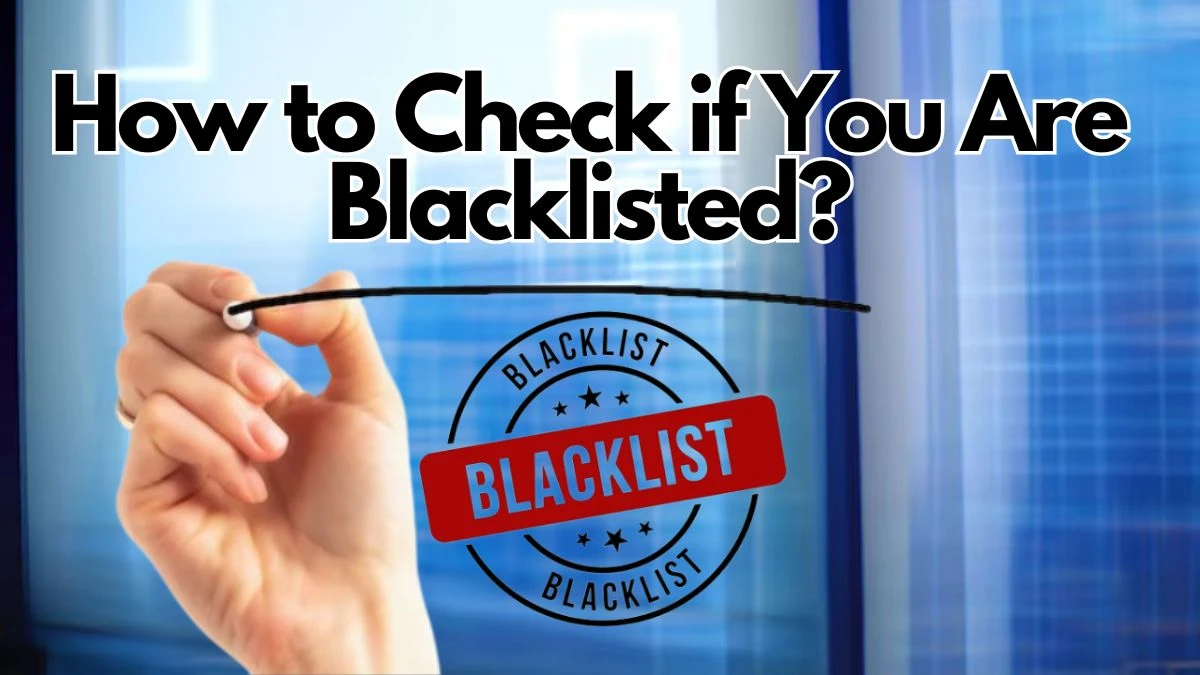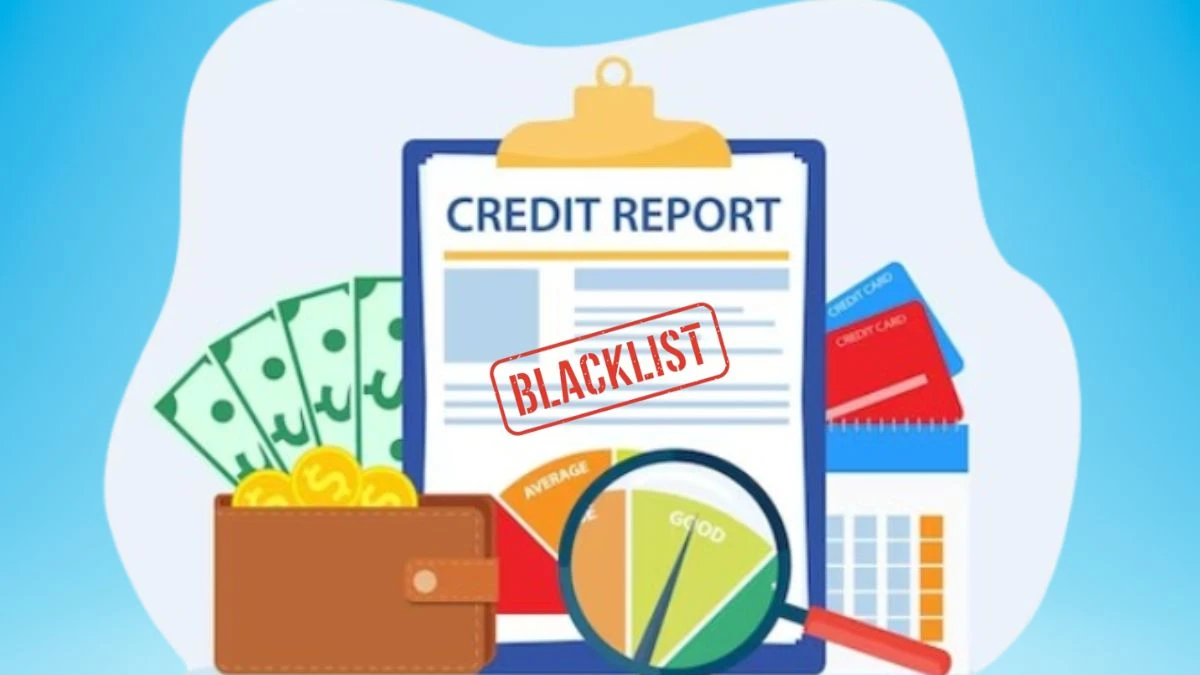
How to Check if You Are Blacklisted for Credit in Philippines?
Learn how to find out if you're blacklisted for credit in the Philippines. Know about checking your credit report, consulting your bank, and understanding alternative methods.
by P Nandhini
Updated Apr 16, 2024
On This Page
What is Blacklisted?
When somebody is blacklisted, it means they are not permitted to do something or are avoided from a certain group. For example, if an individual is blacklisted from a store, they can't go into that store or purchase things from there any longer.
Being blacklisted usually happens when somebody does something wrong or breaks the rules. It's like a punishment to make sure they do not do the same thing again. Being blacklisted can happen for various reasons, like not paying bills on time or causing inconvenience in a community.
It's a way for businesses or organizations to ensure themselves and others. If somebody is blacklisted, they might have trouble getting loans, renting apartments, or finding a job since people won't believe them. It's necessary to follow the rules and be capable so you do not end up being blacklisted.
How to Check if You Are Blacklisted for Credit in Philippines?
In the Philippines, there isn't a single national credit blacklist that you can check to see if you're blacklisted. But there are still ways to check your creditworthiness.
Checking Your Credit Report
To know if you're blacklisted for credit in the Philippines, you can start by checking your credit report. This report shows your borrowing history, including loans and credit card installments. You can get it from the Credit Information Corporation (CIC) site for a little fee. See for any missed payments or errors, which might affect your credit score.
Asking Your Bank
Another way is to reach out to your bank if you have a loan or credit card with them. They can tell you if you've missed any payments or have accounts in default, which seem to show being blacklisted.
Exploring Alternative Services
Some private companies in the Philippines offer alternative credit scoring. While not the same as a CIC report, a low score from them might signal difficulty getting loans in the future.
Being Aware of Informal Blacklisting
Keep in mind that you could be informally blacklisted by a specific bank or lender if you've had problems with them before. This might not be shared with other institutions, but it could affect your chances of getting loans from that lender.
For How Long Can One Get Blacklisted?
Once somebody gets blacklisted, the effects can last for a while. Even after they pay off their debts, the negative information might remain on their credit report for up to three years. This indicates that lenders can still see that they had issues with paying back cash in the past.
However, over time, the effect of this negative information decreases, making it easy to borrow money once more. So, whereas being blacklisted can affect someone's capacity to get loans or credit cards for a few years, it's not forever, that they can work towards improving their financial situation.
What Steps Should Be Taken After Being Blacklisted?
- Communicate with the lender: Reach out to the lender you owe cash to and make a plan to return your debts.
- Negotiate payment terms: Try to arrange a new payment plan that suits your financial situation and helps to clear your debts.
- Settle your debts: Make an effort to pay off your debts as soon as possible to show your commitment to fixing the issue.
- Obtain a certificate of full payment: Once you've settled your debts, get a certificate of full payment from the lender.
- Update credit information: Guarantee that your credit data with the bank and credit bureaus reflects the resolution of your debts by asking for updates.
- Stay proactive: Take proactive steps to manage your accounts responsibly and rebuild your creditworthiness over time.





